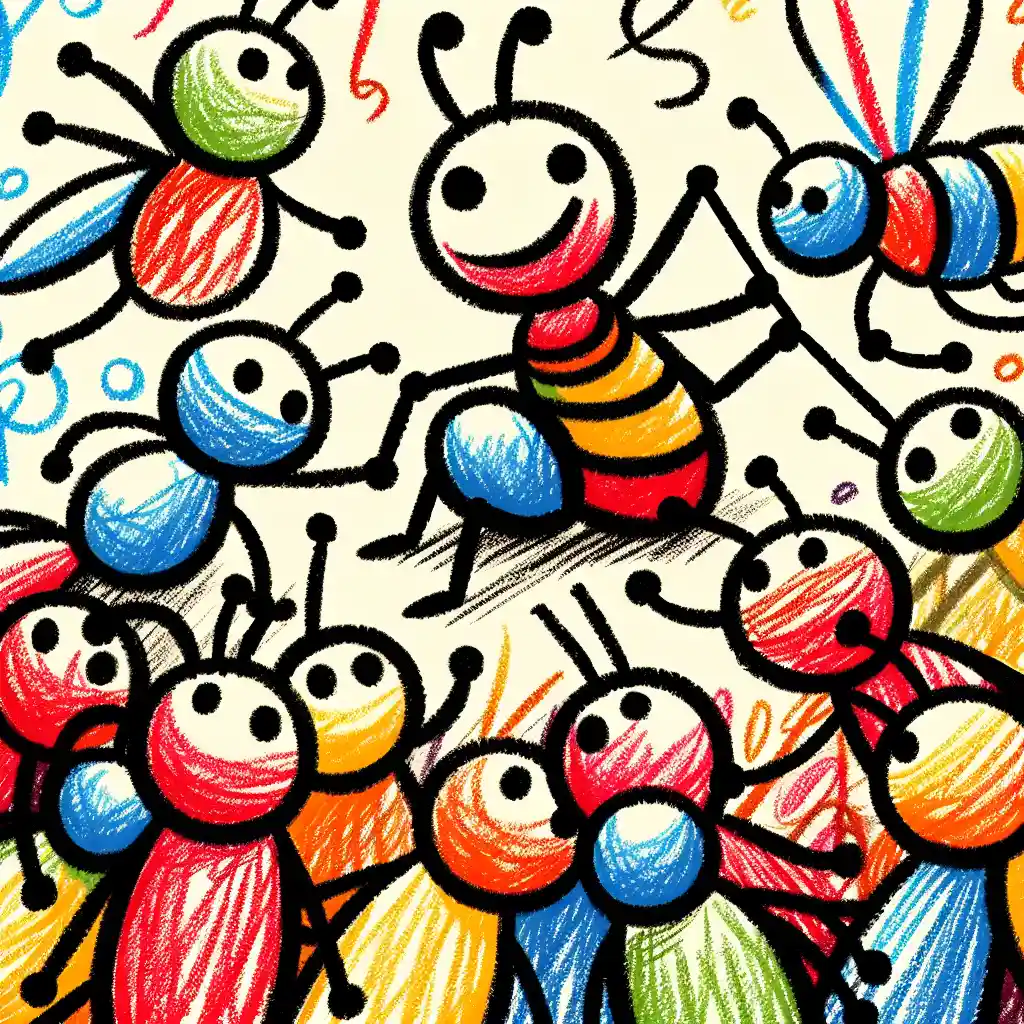Ants could teach humans a thing or two about teamwork

Explain Like I'm 5
Imagine you're playing tug-o-war at school. You might think that the more friends you have on your team, the less hard each person has to pull, right? Well, weaver ants, those tiny critters you see marching in a line, they play tug-o-war differently! When there are more ants in the game, each ant pulls even harder instead of relaxing a bit. It's like every ant thinks, "Oh, we have more friends here, let’s all work super-duper hard!" This shows us that ants are great at teamwork because they all work harder together instead of relying on just a few to do the heavy lifting.
Explain Like I'm 10
When people play tug-o-war, adding more players usually means each person can take it a bit easier. They rely on having more hands on the rope to win. But in a recent study about weaver ants, scientists found out that these ants do the opposite! When more ants join in to pull something heavy, each ant actually starts working harder, not less. This made the scientists curious because it’s not what humans typically do.
Weaver ants are tiny, but they're mighty when they work together. This study was done by observing how these ants pull on things as a team. It shows that ants have amazing teamwork skills, and maybe people could learn a thing or two from them about working together. Like, imagine if everyone in your class worked extra hard on a group project, just like the ants, instead of some doing most of the work and others just watching!
Explain Like I'm 15
In a recent scientific study published in the journal Current Biology, researchers discovered something pretty fascinating about weaver ants' teamwork. Unlike humans, where the effort per person decreases as more people join a task like tug-o-war, weaver ants increase their individual effort when their numbers grow in a group task.
This finding is intriguing because it challenges some of our assumptions about social behavior and effort in groups. In humans, there’s a phenomenon called "social loafing" where individuals exert less effort to achieve a goal when they are in a larger group, relying on others to pick up the slack. Weaver ants defy this trend, suggesting their social structures and motivations are fundamentally different from ours.
Understanding this could have broader implications. It might influence how we think about organizing teams and work in human contexts—like in workplaces or during sports. The ants’ behavior could inspire new ways to motivate people to work collectively, ensuring everyone pulls their weight.
Additionally, the fact that ants increase their efforts with more teammates might relate to their biological instincts and survival strategies, which are geared towards the colony's success rather than individual well-being. This study not only sheds light on the natural world but also provides a mirror for us to reflect on human social strategies and possibly improve them. What will come next could be further studies or even practical applications in teamwork theories and practices, inspired by these tiny, yet impressively cooperative creatures.
Want to read the original story?
View Original Source